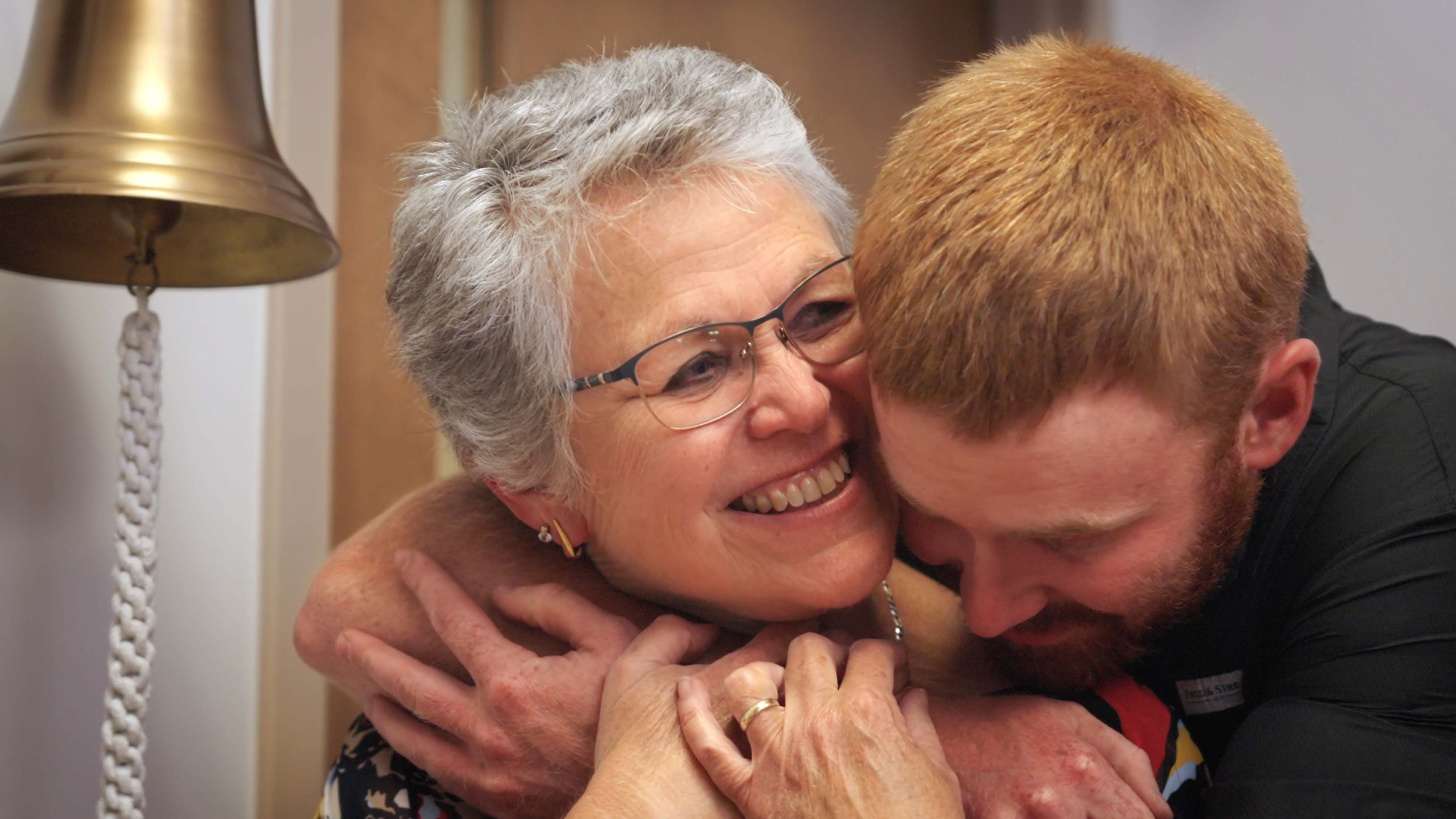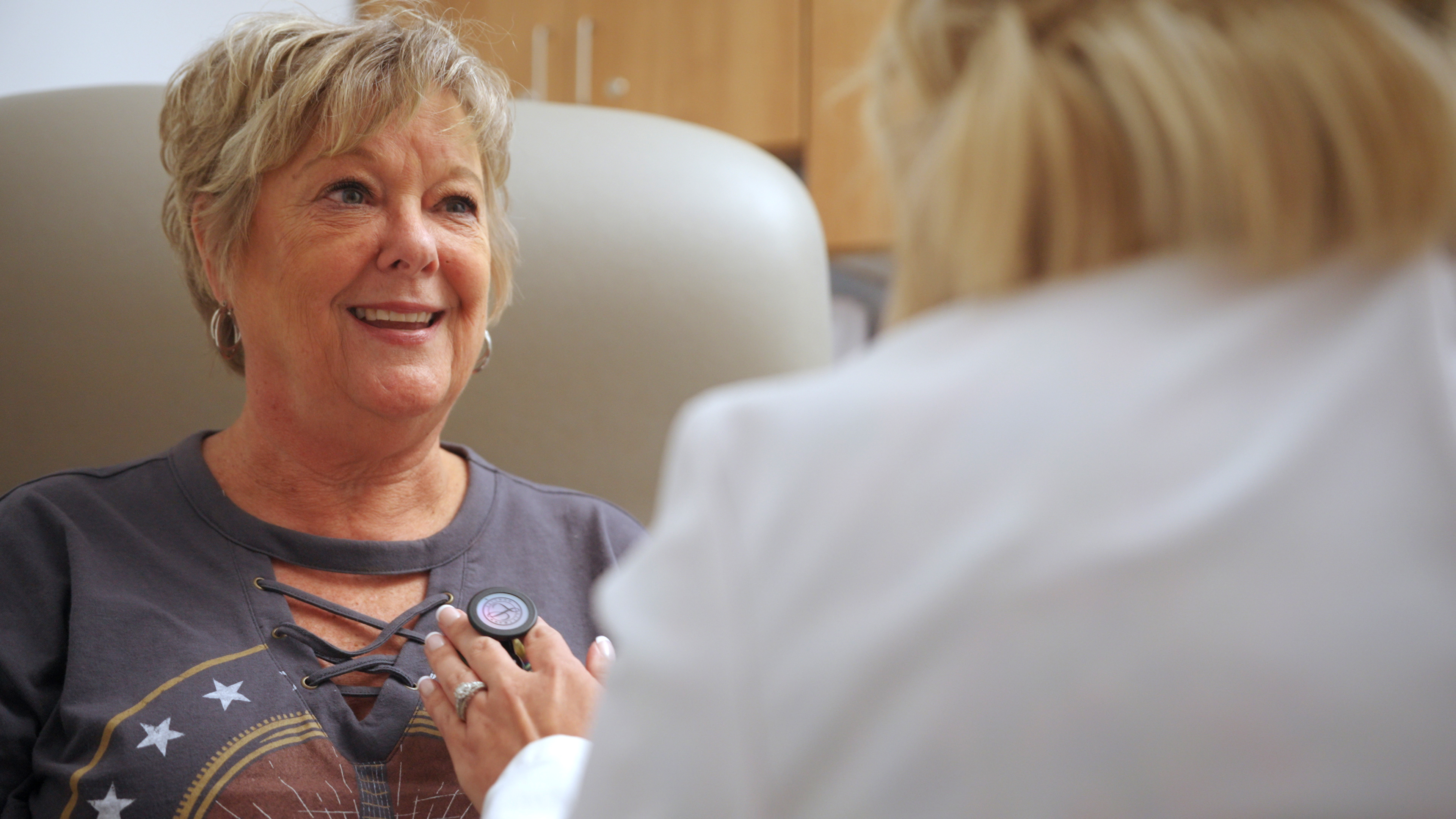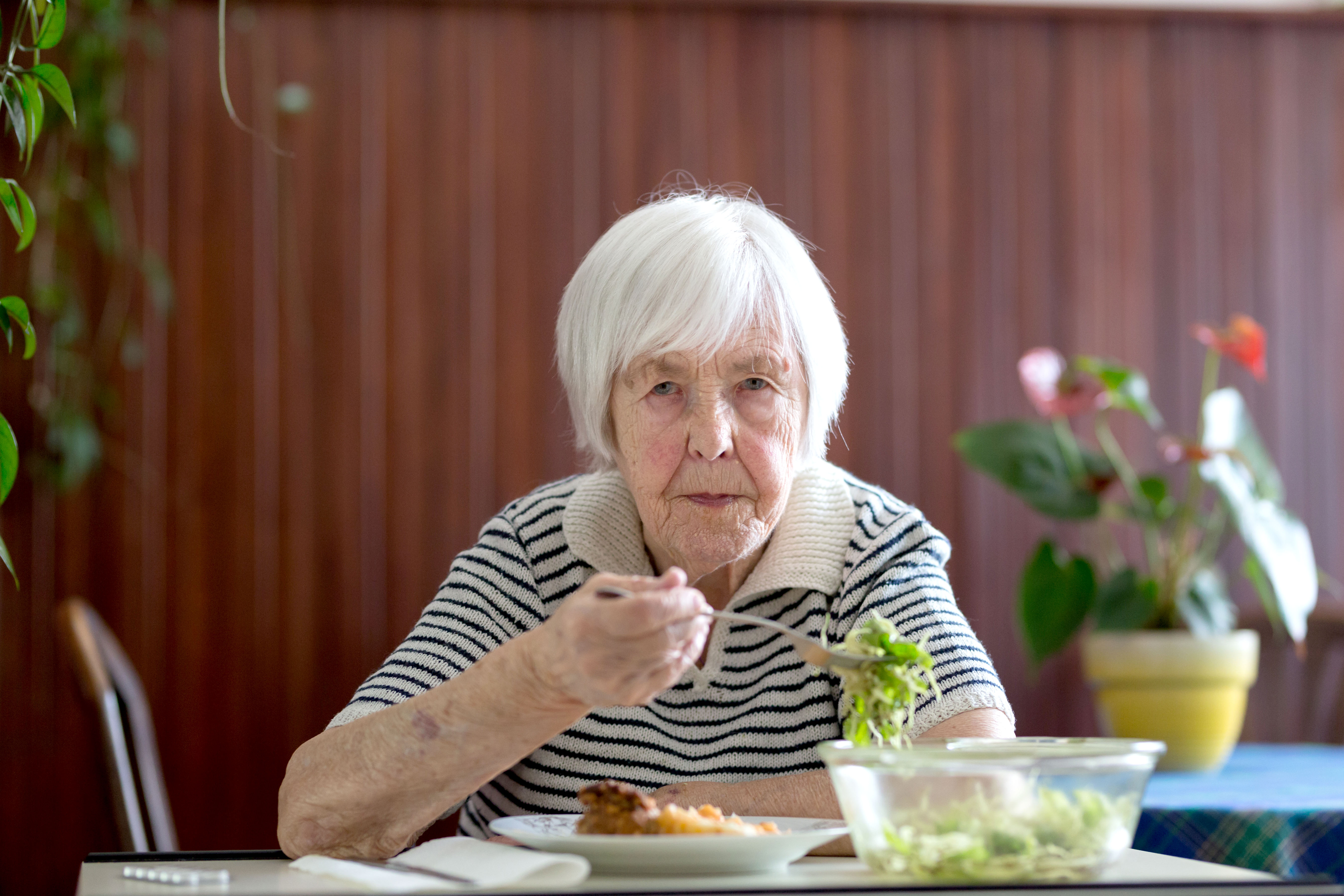Menopause
When a woman permanently stops having menstrual periods, she has reached the stage of life called menopause. Often called the change of life, this stage signals the end of a woman's ability to have children. Many healthcare providers actually use the term menopause to refer to the period of time when a woman's hormone levels start to change. Menopause is said to be complete when menstrual periods have ceased for one continuous year.
The transition phase before menopause is often called perimenopause. During this time, the supply of mature eggs in a woman's ovaries is reduced and ovulation becomes irregular. At the same time, the production of estrogen and progesterone decreases. It is the big drop in estrogen levels that causes most of the symptoms of menopause.
When does menopause occur?
The average age of menopause is 51. But menopause can happen any time from the 30s to the mid-50s or later. Women who smoke and are underweight tend to have an earlier menopause. Women who are overweight often have a later menopause. Generally, a woman tends to have menopause at about the same age as her mother did.
Menopause can also happen for reasons other than natural reasons. These include:
- Premature menopause. This may happen when there is ovarian failure before the age of 40. It may be linked to smoking, radiation exposure, chemotherapy medicines, or surgery that impairs the ovarian blood supply. Premature ovarian failure is also called primary ovarian insufficiency.
- Surgical menopause. This may follow the removal of one or both ovaries, or radiation of the pelvis, including the ovaries, in premenopausal women. This leads to sudden menopause. These women often have more severe menopausal symptoms than if they were to have menopause naturally.
For more information on SBL Women's Health, or to schedule an appointment, call 217-258-4030.
For more information on this topic, visit our Health Library.









